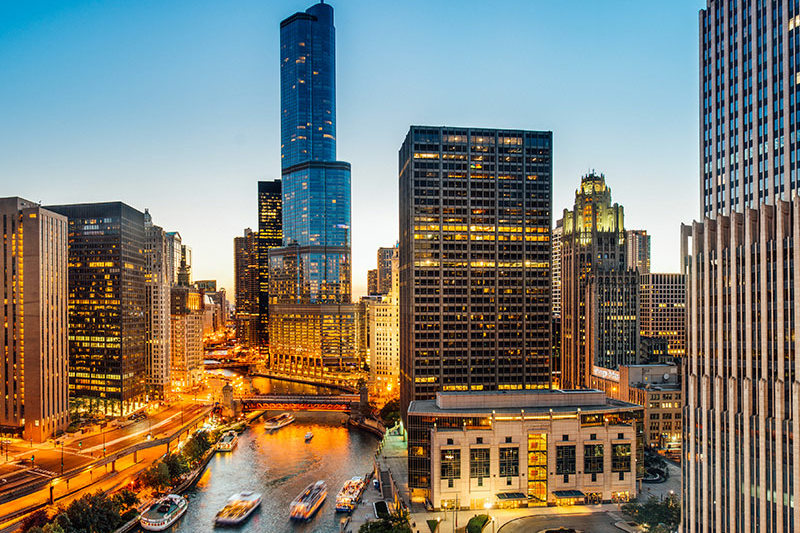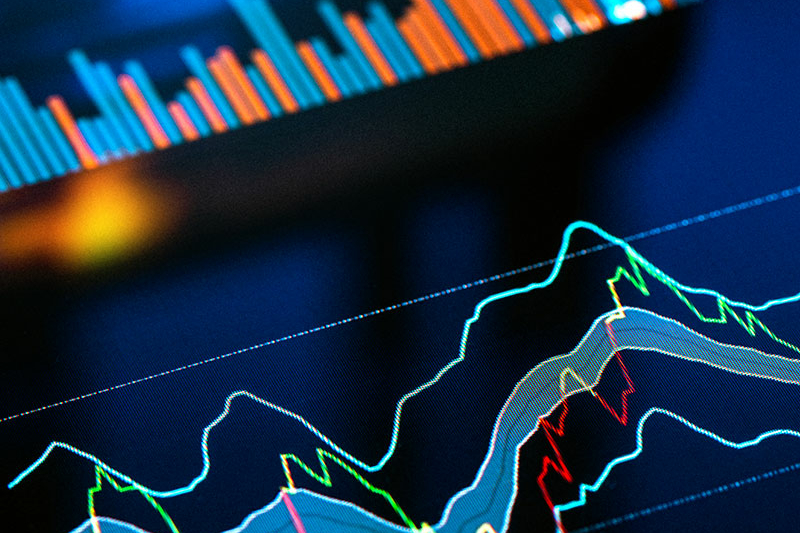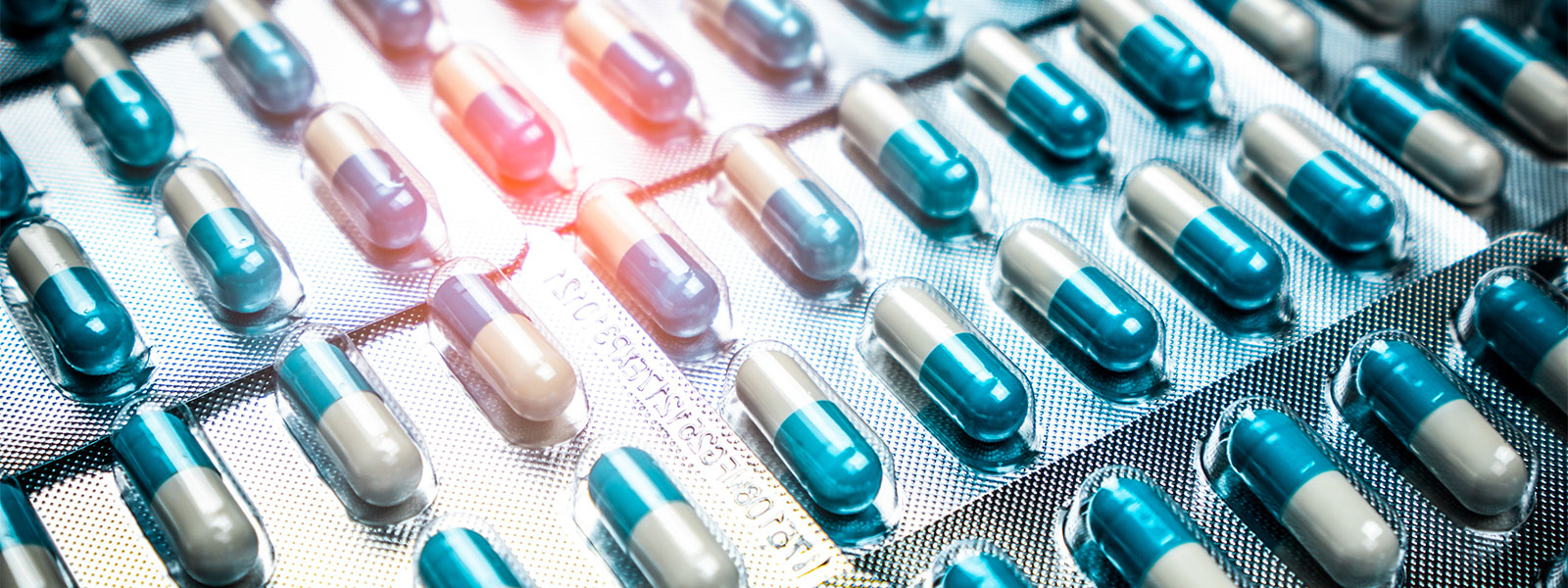US M&A settles back down
Deal value in the first half of 2022 could not match the record-breaking level of activity in 2021

US M&A deal levels remain robust, despite dropping from historic highs set in 2021
US M&A activity eased off in the first half of 2022 following an annus mirabilis for US M&A in 2021. Total value slipped to US$995.3 billion, a 29 percent year-on-year fall, though this is consistent with dollar volumes seen before the pandemic and so remains healthy by historic standards. Deal volume also fell, by 21 percent to 3,818 transactions. While this also remains above average, there was a material softening in the frequency of deals moving through Q2, which saw a quarter-on-quarter drop of 22 percent to levels last seen in Q1 2020, when the market was just beginning to recover from the initial shock of the pandemic.
A lot has happened this year to test acquirers’ nerves. Inflation concerns had already begun to set in before the war in Ukraine started. The conflict catalyzed further unease in capital markets as well as exacerbated supply chain troubles which have, in part, contributed to inflationary pressures. The S&P 500 officially entered a bear market in mid-June, and the Federal Reserve has embarked on a monetary tightening program to bring prices under control, leading to an increase in financing costs.
Regulations are another consideration. The SEC has taken the SPAC market to task, proposing accountability for deal parties and intermediaries for inflated projections. This type of transaction ground to a standstill in Q2 this year, as participants digested their risk exposure and the implications of the regulator’s proposals weighing on overall M&A volume. More recently we have seen some truly innovative SPAC structures that have the potential to re-stimulate interest in these deals.
For the most part, the US M&A market has stood up impressively to everything that has been thrown at it, which alone is solid grounds for optimism. Despite technology stocks being sold off heavily in equity markets, the sector has once again outperformed on the M&A front as companies and PE sponsors, who remain heavily armed with dry powder in spite of the more challenging deal financing conditions, continue to be attracted to innovation.
The fall in price-to-earnings ratios in the public markets and EBITDA multiples in private markets mean that, all else being equal, acquisitions are more attractive today than they were a year ago. Naturally, investors remain cautious as they closely watch how inflation plays out, the Fed response and the impact of those actions on underlying economic growth. However, the second half of 2022 has the potential to reclaim some of the confidence lost in recent months.
Deal value in the first half of 2022 could not match the record-breaking level of activity in 2021

Despite facing economic and regulatory hurdles in H1, PE dealmaking remains resilient, and looks set to reach its second-highest value on record

After a series of rollercoaster years for the SPAC market, investors and sponsors are finding ways to improve deal integrity


Cash-rich pharma firms look set for a buying spree, as favorable biotech valuations and patent expirations incentivize dealmaking
Explore the data
Dealmaking activity in the US healthcare sector was robust in H1 2022 in the face of various macroeconomic headwinds. There were US$92.4 billion worth of deals announced in H1 2022. This was a 51 percent decrease from a record 2021, but it is still firmly ahead of pre-pandemic levels of activity.
A total of 481 announced deals, meanwhile, represents a 29 percent drop in volume year-on-year, although it is still a 37 percent increase compared to H1 2020.
51%
Percentage decrease in the value of deals targeting the US healthcare sector in H1 2022 compared to H1 2021
US $92.4 billion
The value of 481 deals targeting the US healthcare sector in H1 2022
A resurgence of activity among big pharma firms snapping up biotech assets was a major feature of H1 dealmaking. This trend resulted in the highest-valued deal of the year so far: Pfizer's US$11.6 billion bid for biotech firm Biohaven. The deal, which is Pfizer's highest-valued deal in more than five years, comes at a time when cash-rich big pharma firms are looking to take advantage of softening biotech valuations.
Many biotechs are struggling with falling valuations, as investors who had acquired shares during the pandemic amid soaring valuations sold off earlier in the year. Some investors believed that biotech stocks—especially those at early stages of the clinical trial and approval process—were overvalued during the pandemic and were keen to cash out once the initial hype had settled.
This situation vastly contrasts to big pharma firms, many of which are sitting on large war chests of capital amassed during the pandemic and are keen to put this to work. This large amount of cash, combined with falling valuations in the biotech sector, is likely to continue to generate deals over the coming year.
Big pharma firms may also be motivated to undertake acquisitions as they survey potential patent cliffs (or expiration of patent rights), with the industry's top drug companies expected to lose more than US$200 billion in revenue by 2030 due to loss of exclusivity. According to consulting firm ZS Associates, the top-ten pharmaceutical manufacturers have more than 46 percent of their revenues at risk between 2022 and 2030. Bristol Myers Squibb, Pfizer and Merck will be among the most exposed over the next decade.
This challenge may catalyze M&A in the industry, as large firms look to recoup lost revenue streams.
White & Case means the international legal practice comprising White & Case LLP, a New York State registered limited liability partnership, White & Case LLP, a limited liability partnership incorporated under English law and all other affiliated partnerships, companies and entities.
This article is prepared for the general information of interested persons. It is not, and does not attempt to be, comprehensive in nature. Due to the general nature of its content, it should not be regarded as legal advice.
© 2022 White & Case LLP